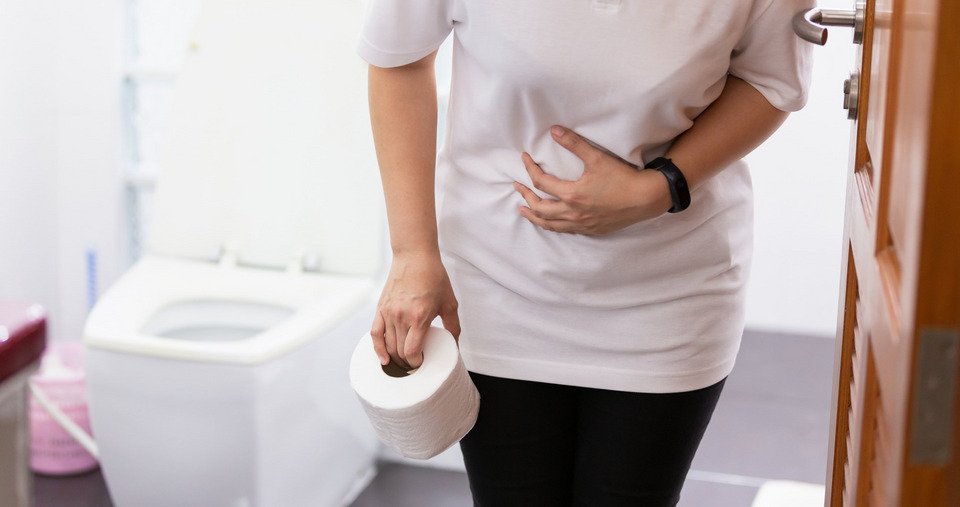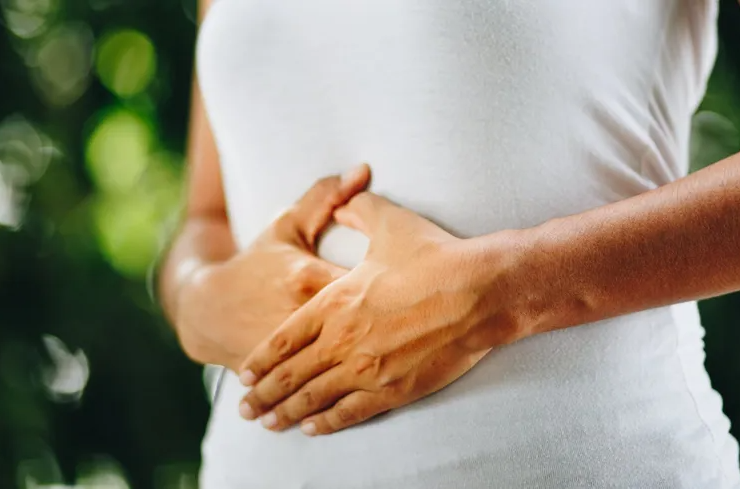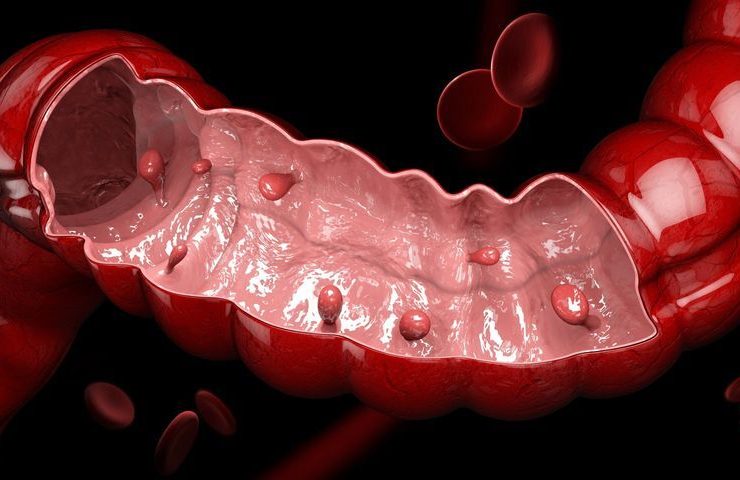What Are the Symptoms of IBS?
While the symptoms of irritable bowel syndrome can vary from person to person, some common signs include the following.
- Excess Gas
- Diarrhea or Constipation
- Cramping
- Bloating
- Mucus in Your Stool
- Abdominal Pain
What Causes IBS?
The exact cause of IBS is unknown, however, there are many factors that are believed to play a significant role in the development of this digestive condition.
- Intestine Inflammation – Because of pain and diarrhea and immune system response is typical. This creates an enhanced number of immune-system cells in your intestines, causing increased inflammation.
- Infection – IBS can cause excess bacteria in the intestines, also known as bacterial overgrowth. If you’ve recently had a serious case of diarrhea caused by a virus, it’s not uncommon for IBS to follow.
- Contractions of the Muscles Within Your Intestines – Your intestines use layers of muscles to move food through your system. As a result these muscles contract during this process. However, if these contractions become stronger, or last longer they can cause diarrhea, bloating, and gas. On the other hand, short, weak contractions extend the amount of time that food stays in your digestive tract.
- Alterations in Your Microflora – Microflora is the bacteria in your gut. This bacteria lives in your intestines and is essential to your digestive health. If you suffer from IBS, your microflora will be different from those that do not.
What Agitates IBS?
There are three common triggers for IBS.
- Hormones – Women are more likely to develop IBS, making hormonal changes an influencing factor. Those women that suffer from IBS find that their symptoms are worse during or near their menstrual periods.
- Food – Obviously a digestive disorder is going to be impacted by what you eat. However, food allergies are rarely shown to cause IBS. Most often there are certain foods or drinks that can exacerbate the symptoms of irritable bowel syndrome. Many foods containing dairy, citrus, wheat, beans, and carbonation can trigger signs of IBS.
- Stress – For people that suffer from IBS, stress is a common factor that can exaggerate their symptoms. However, it’s important to note that while stress aggravates IBS, it does not cause IBS.
How Do You Treat IBS?
Treatment for IBS is focused on relieving the symptoms that it causes. If you only suffer from mild symptoms a few lifestyle adjustments to alter your diet and control stress can be very effective. Your diet plays a significant role in how your body responds to irritable bowel syndrome. Eating foods that are high in fiber and staying hydrated, combined with regular exercise and healthy sleep habits can go a long way in stemming the effects of IBS. You should also remove the following foods from your diet.
- Gluten – Research has shown that once gluten is eliminated, improvement in diarrhea symptoms improve.
- FODMAPs – Carbohydrates like fur tans, fructose, lactose, and others are known as FODMAPs. FODMAPs stands for fermentable oligo, di-, and monosaccharides and polyols. These FODMAPs can be found in fruit, vegetables, grains, and dairy. Reducing or removing these types of foods from your diet can ease your symptoms.
- High-Gas Foods – Carbonated and alcoholic beverages along with caffeine, raw fruit, and some vegetables can exacerbate bloating and gas.
- Rifaximin – Rifaximin is an antibiotic that decreases bacterial overgrowth and diarrhea.
- Linaclotide – Linaclotide increases your small intestine’s fluid secretions.
- Eluxadoline – Eluxadoline decreases the muscle contractions and fluids in your intestine to ease diarrhea.



